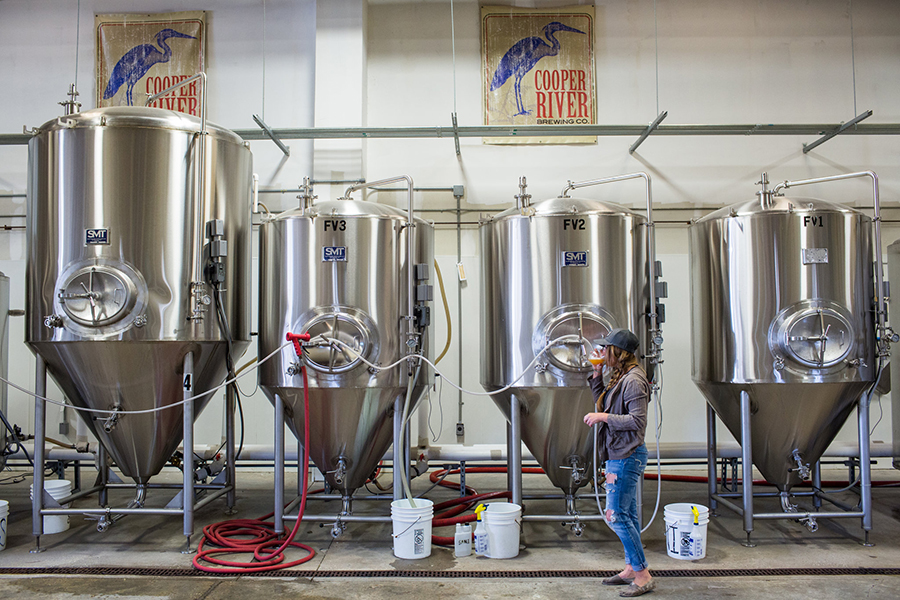
-
 Afrikaans
Afrikaans -
 Albanian
Albanian -
 Amharic
Amharic -
 Arabic
Arabic -
 Armenian
Armenian -
 Azerbaijani
Azerbaijani -
 Basque
Basque -
 Belarusian
Belarusian -
 Bengali
Bengali -
 Bosnian
Bosnian -
 Bulgarian
Bulgarian -
 Catalan
Catalan -
 Cebuano
Cebuano -
 Corsican
Corsican -
 Croatian
Croatian -
 Czech
Czech -
 Danish
Danish -
 Dutch
Dutch -
 English
English -
 Esperanto
Esperanto -
 Estonian
Estonian -
 Finnish
Finnish -
 French
French -
 Frisian
Frisian -
 Galician
Galician -
 Georgian
Georgian -
 German
German -
 Greek
Greek -
 Gujarati
Gujarati -
 Haitian Creole
Haitian Creole -
 hausa
hausa -
 hawaiian
hawaiian -
 Hebrew
Hebrew -
 Hindi
Hindi -
 Miao
Miao -
 Hungarian
Hungarian -
 Icelandic
Icelandic -
 igbo
igbo -
 Indonesian
Indonesian -
 irish
irish -
 Italian
Italian -
 Japanese
Japanese -
 Javanese
Javanese -
 Kannada
Kannada -
 kazakh
kazakh -
 Khmer
Khmer -
 Rwandese
Rwandese -
 Korean
Korean -
 Kurdish
Kurdish -
 Kyrgyz
Kyrgyz -
 Lao
Lao -
 Latin
Latin -
 Latvian
Latvian -
 Lithuanian
Lithuanian -
 Luxembourgish
Luxembourgish -
 Macedonian
Macedonian -
 Malgashi
Malgashi -
 Malay
Malay -
 Malayalam
Malayalam -
 Maltese
Maltese -
 Maori
Maori -
 Marathi
Marathi -
 Mongolian
Mongolian -
 Myanmar
Myanmar -
 Nepali
Nepali -
 Norwegian
Norwegian -
 Norwegian
Norwegian -
 Occitan
Occitan -
 Pashto
Pashto -
 Persian
Persian -
 Polish
Polish -
 Portuguese
Portuguese -
 Punjabi
Punjabi -
 Romanian
Romanian -
 Russian
Russian -
 Samoan
Samoan -
 Scottish Gaelic
Scottish Gaelic -
 Serbian
Serbian -
 Sesotho
Sesotho -
 Shona
Shona -
 Sindhi
Sindhi -
 Sinhala
Sinhala -
 Slovak
Slovak -
 Slovenian
Slovenian -
 Somali
Somali -
 Spanish
Spanish -
 Sundanese
Sundanese -
 Swahili
Swahili -
 Swedish
Swedish -
 Tagalog
Tagalog -
 Tajik
Tajik -
 Tamil
Tamil -
 Tatar
Tatar -
 Telugu
Telugu -
 Thai
Thai -
 Turkish
Turkish -
 Turkmen
Turkmen -
 Ukrainian
Ukrainian -
 Urdu
Urdu -
 Uighur
Uighur -
 Uzbek
Uzbek -
 Vietnamese
Vietnamese -
 Welsh
Welsh -
 Bantu
Bantu -
 Yiddish
Yiddish -
 Yoruba
Yoruba -
 Zulu
Zulu
Exploring the Leading Manufacturers of Wire Thread Rolling Machines and Their Production Techniques
The Evolution and Importance of Wire Thread Rolling Machine Factories
Wire thread rolling machines are a vital element in various manufacturing processes across multiple industries. These machines are designed to create high-strength threads on metal wires, which are essential for the production of screws, bolts, and other fasteners. The significance of wire thread rolling machine factories has grown immensely due to the increasing demand for precision-engineered components that ensure safety, reliability, and efficiency in mechanical applications.
Historical Context
The origins of wire thread rolling can be traced back to traditional machining methods. In the past, creating threads on a wire was a labor-intensive process that required significant manual labor and time. However, with the advent of advanced technologies and machinery, the industry saw a transformation. The introduction of thread rolling machinery streamlined the process, allowing manufacturers to produce threaded wires at a much larger scale and with greater consistency.
Initially, these machines were complex and expensive. However, as technology advanced, so did the design and functionality of thread rolling machines. Modern machines are equipped with advanced controls, allowing for quick adjustments and setups, which significantly reduces downtime and increases productivity. This evolution has allowed factories to be more competitive in a global marketplace that demands both quality and efficiency.
Current Manufacturing Landscape
Today, wire thread rolling machine factories play an essential role in the manufacturing landscape
. These factories are equipped with state-of-the-art machinery that not only enhances productivity but also ensures the precision and quality of the threaded products. The machines utilize processes such as cold rolling, which involve deforming the metal under high pressure to create threads without any added material, resulting in stronger and more durable products.Moreover, the factories are increasingly adopting automation and digital technologies. For instance, implementing Industry 4.0 technologies enables better monitoring, data collection, and predictive maintenance of machinery. This not only improves operational efficiency but also enhances quality control, ensuring that every product meets the strictest industry standards.
wire thread rolling machine factories

Environmental Considerations
As the wire thread rolling machine factories evolve, so does their responsibility towards environmental sustainability. Many factories are now focusing on reducing their carbon footprint by optimizing their manufacturing processes. This includes recycling metal scraps, reducing waste, and improving energy efficiency throughout the production cycle. Moreover, the shift towards eco-friendly practices is not only beneficial for the environment but also aligns with the growing consumer demand for sustainable and ethically produced products.
Challenges and Opportunities
Despite the advancements, wire thread rolling machine factories face several challenges. The fluctuating prices of raw materials and the ever-increasing competition in the global market can impact profitability. Additionally, maintaining skilled labor while integrating new technologies is a constant balancing act for many manufacturers.
However, these challenges also present opportunities for growth. As industries such as automotive, aerospace, and construction continue to expand, the demand for high-quality threaded components will remain strong. Factories that can adapt to the changing landscape, invest in new technologies, and prioritize sustainability will find themselves well-positioned to thrive.
Conclusion
Wire thread rolling machine factories are at the heart of modern manufacturing and are crucial for producing high-quality threaded components needed in various applications. As technology continues to advance, these factories must embrace change, focusing on productivity, sustainability, and quality. In doing so, they can not only meet the demands of today’s market but also contribute positively to the economy and the environment, securing their place as indispensable players in the manufacturing sector.
